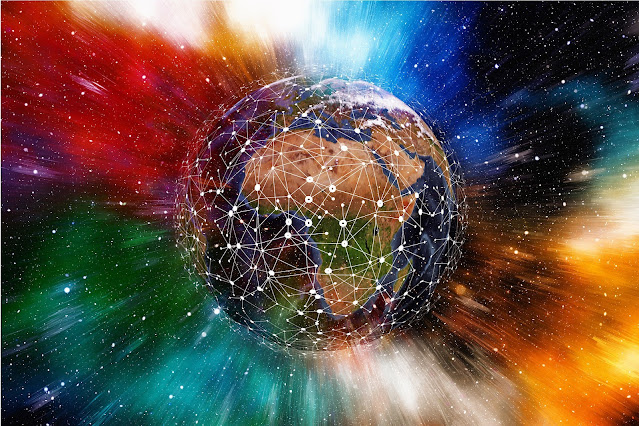The Ethics of Resourceism: Building a Moneyless, Sharing Economy for Global Prosperity
"What I want for me, I desire for thee." This sentiment echoes the timeless wisdom of the Golden Rule, advocating empathy, compassion, and fairness. When coupled with the principle of resourceism, it forges a powerful foundation for reshaping our society into a moneyless, sharing economy—a system that promises ethical advancement and environmental preservation.
Resourceism's Ethical Core
Resourceism, as articulated, embodies a profound moral commitment. It asserts that Earth's abundant resources are a common heritage, belonging to all inhabitants of our planet. This ideology champions equitable distribution as a pathway to collective well-being. The bedrock of a resource-based socio-economic structure, resourceism upholds the fundamental principle that everyone should have access to essential resources—be it food, clean water, shelter, or education.
The fusion of the Golden Rule and resourceism highlights the ethical weight of this belief. It compels us to view the world through the lens of shared prosperity and to act with a sense of responsibility toward our fellow human beings and the environment.
A Moneyless, Sharing Economy: A Paradigm Shift
Imagine a world where currency is replaced by a system of mutual assistance, where people collaborate to fulfill needs rather than compete for profit. This vision embodies the essence of a moneyless, sharing economy—an evolution from the current profit-driven model.
In a resource-based economy, the tenets of resourceism find expression. A society where cooperation and collaboration prevail, and consumption is based on need, not excess. This transition transcends the mere economic realm; it is a profound ethical shift towards valuing human dignity, equality, and environmental sustainability.
Saving Ourselves and Our Environment
The transition to a moneyless, sharing economy informed by resourceism holds immense potential for humanity's salvation. By dismantling the structures that breed inequality, resource scarcity, and environmental degradation, we pave the way for a brighter future. This shift addresses poverty, fosters a sense of global solidarity, and reduces the reckless exploitation of natural resources that imperils our planet's health.
This transformation also addresses the ethical paradoxes of our current system, where excess and scarcity coexist. A moneyless economy aligns with the ethical underpinnings of resourceism—promoting a harmonious relationship between human progress and the environment.
Resources for Further Exploration
- Resourceism: A New Economic Paradigm
- The Venus Project
- Zeitgeist Movement
- Ecological Economics
- The Moral Landscape: How Science Can Determine Human Values
- Green Cities: A Planning Guide
As we navigate the complexities of the 21st century, embracing the ethical essence of resourceism and transitioning to a moneyless, sharing economy could hold the key to our survival and prosperity. It's a journey toward reshaping our values, transcending borders, and safeguarding the environment for generations to come—truly embodying the spirit of "What I want for me, I desire for thee."

.jpg)